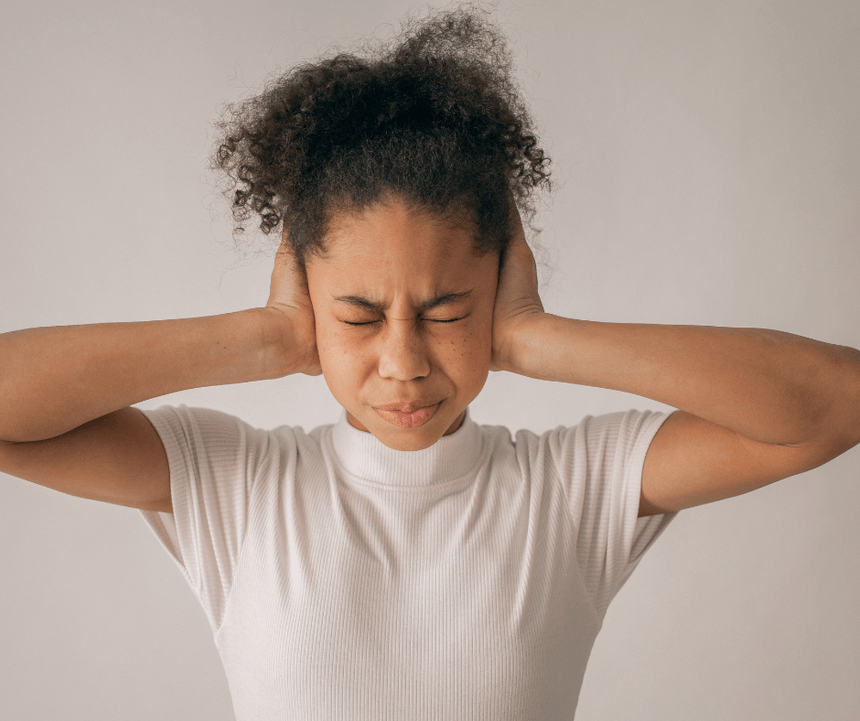Here And Now
Common Ear Problems Explained

There are several different ear conditions that can affect your ear health and impact your hearing or cause you to develop temporary tinnitus. We have curated a list of the most common ear problems, along with their causes and symptoms to look out for.
Ear Wax Build Up
Ear wax is a natural substance that protects your ears. It is healthy to have a little bit of wax in your ears however a build up can cause discomfort and reduce hearing. If you are suffering from hearing loss, earache, tinnitus, itchiness, and vertigo it could be a sign of a wax blockage. Removing the wax by micro-suction wax removal will help to relieve these symptoms.
Outer Ear Infection
Otitis externa is the medical name for inflammation and infection of the outer ear canal. Often symptoms include ear pain, liquid discharge and temporary hearing loss caused by infection, skin conditions such as eczema or psoriasis, or allergies that irritate the ear canal. If you think you have an outer ear infection, see your GP as they can prescribe medicated ear drops to treat the infection.
Middle Ear Infection
A middle ear infection or otitis media is most common in young children. The infection can lead to a build-up fluid in the middle part of the ear causing the eardrum to bulge outwards leading to earache. This is most commonly caused when a bacterial infection spreads from the nose or throat into the ear. Most middle ear infections clear up without the need for treatment, but it is recommended to speak to the GP for advice.
Glue Ear
Glue ear is caused when fluid builds up in the middle part of the ear and doesn’t drain down the Eustachian tube. It is most common in young children and can cause earache and tinnitus. You may notice your child speaking more loudly, asking people to repeat themselves and asking for the TV to be turned up. In most cases glue ear will clear up naturally, however if it doesn’t get better an ear, nose and throat surgeon may recommend treatment.
Perforated ear drum
A perforated eardrum is a hole in the eardrum that can be caused by serious ear infections, injury to the ear drum, sudden loud noise, or rapid changes in air pressure. A perforated ear drum usually heals on its own within a few months. It is advised to visit a GP to ensure an ear infection doesn’t develop.
If you have any concerns about your ear health, or think you have any of the above conditions it is recommended to contact your GP for diagnosis and suitable treatment if required.